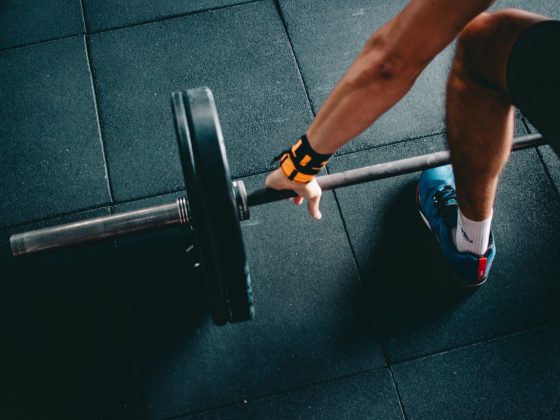“Fake it ‘til you make it” is a phrase that’s been thrown around for decades, like a fast food bag from a van with 3 kids. However, it’s a phrase that has more weight to than the cliché suggests. Anyone who works out extensively knows about the indescribable pain of working out: of pushing yourself past your limits until your muscles are screaming for you to stop.
And you most likely know a thing or two about wanting to rip a hole into your chest just so you can get some air inside you. (My partner had to learn the hard way that my loud gasps for air meant: “Yes, I’m fine – I just can’t breathe and no, I don’t need an ambulance.”) A few select people have known that the power of a smile is contagious, just as laughter is. However, scientists have discovered a few things: smiling affects your body, and can even benefit your workout.
1. Athletes
Kenyan marathon runner, Eliud Kipchoge, turned heads last year as he completed a marathon in 2 hours and 25 seconds. Even more impressive? He’s the “greatest marathoner” today – holding the world record for running a marathon in 2 hours, 1 minute and 39 seconds. He holds 9 gold medals, 5 silver medals and 2 bronze. During one marathon, he was seen grinning throughout the run. While there is solid evidence behind the idea that positive thoughts create positive movement, few people have studied physiological impacts on workouts. If an Olympic marathon runner—who also holds a world record—thinks it’s a good idea, why shouldn’t you?
2. Tension
Smiling natural reduces the tension in our muscles. Any brutal workout that puts our pedals to the mettle puts tension on our muscles, nerves and system. We can use all the help we can get. Smiling reduces that muscular tension, allowing us to use continuous tension to grow strong and develop our muscle mass in other areas. To see best results, save your smiles and grins for the last 30-seconds of your workout.
3. Relaxation
The Ulster University in Northern Ireland, and the Swansea University in Wales looked at 24 exceptional recreational runners. Researchers asked participants to complete four rounds of a six-minute run on a treadmill. Studies reported that when their smiles became strained and forced (as you can expect), they felt less relaxed and more aggravated as a result. It became harder for them to run.
4. Reduce Stress
Everyone who regularly works out knows that it’s a tremendous stress reliever. However, smiling has been scientifically proven to eliminate stress, without turning to your home gym for help. From releasing endorphins that fight stress hormones (including cortisol) and generally improving our mood. There’s no denying that how we feel about ourselves plays a part in the quality of our workouts.
5. Less Effort
Believe it or not, frowning while exercising makes you put in more effort than you have to. That means tackling reps with 100% of your might, when all you really need to put in for maximum results is 80%. Relaxation strategies help you feel more fluid, which makes cardio more efficient – because it feels like you need to use less effort and are less anxious.
Conclusion
From supplements, foods and multivitamins, we spend an ungodly amount of money trying to get better quality workouts for ourselves. Whether that means purchasing special equipment or studying extensive papers about efficient strategies and “secret hidden” techniques, one thing cannot be denied: the power of a genuine smile while working out.

















